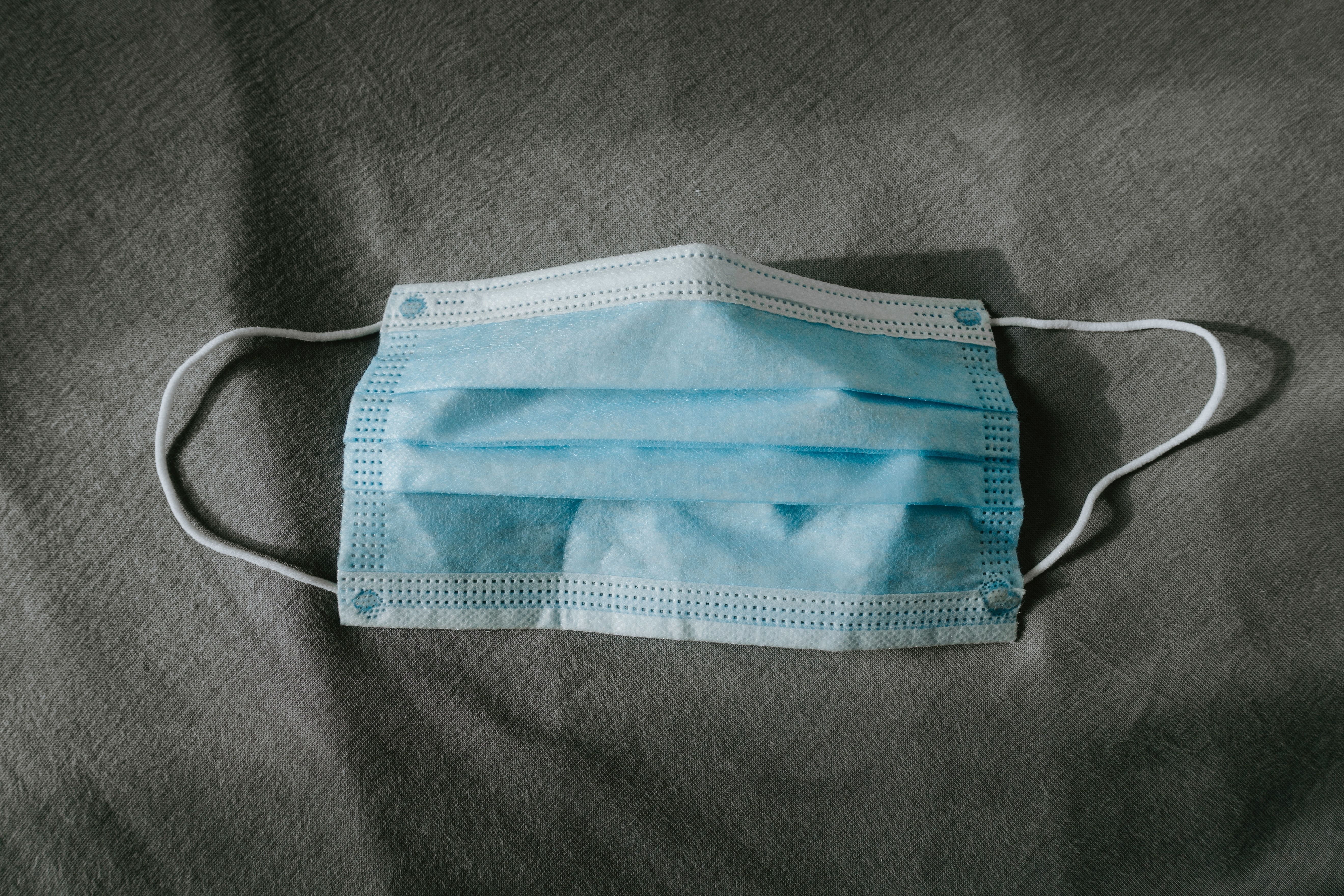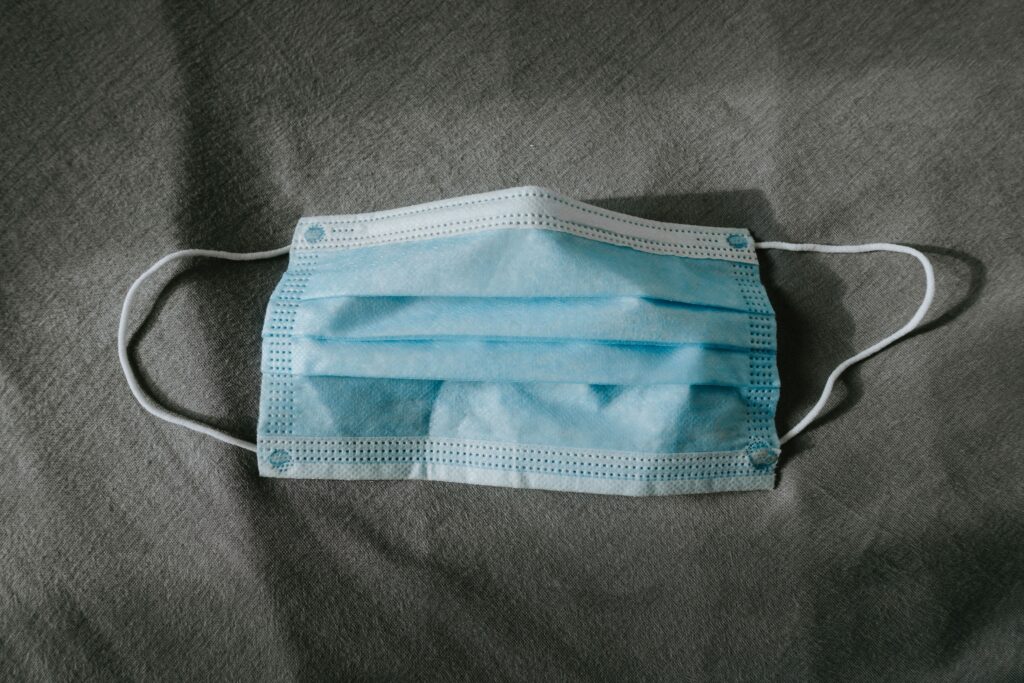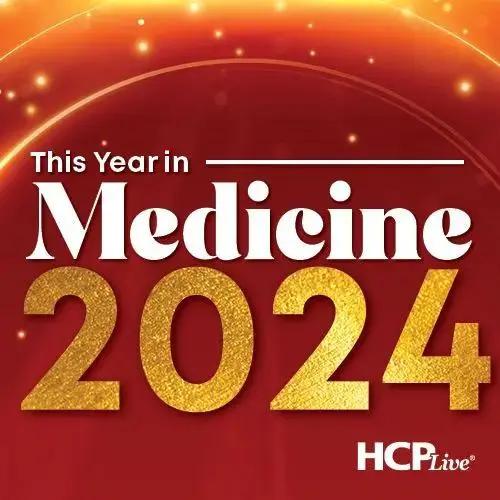The North Carolina senate voted to outlaw the exemption that allowed people to wear masks in public for health and safety reasons, thus taking the first legislative steps towards amending House Bill 237.
Image credit: Kai Pilger, Unsplash

Trying to find the balance between public safety and public health has hit a potential crossroads in North Carolina that seems on the one hand is trying to protect citizens and businesses from potential criminal perpetrators and on the other leaves some people vulnerable who wish to wear masks in public for health precautions.
Yesterday, the North Carolina senate voted to outlaw the exemption that allowed people to wear masks in public for health and safety reasons, thus taking the first legislative steps towards amending House Bill 237.1
Additionally, more information in the summary offers specific insights into the health exemption and the repeal of this across the state.
Amending the Bill
According to the North Carolina legislative bill 237 under section 1, it would be amended as such:
“Under Article 4A of Chapter 14 of the General Statutes, Prohibited Secret Societies and Activities, it is generally a crime for an individual to wear a mask in public. However, under G.S. 14-12.11(a)(6), an individual can wear a mask in public for the physical health or safety of the wearer or others. If an individual wears a mask in public for health or safety reasons, a law enforcement officer can require the individual to remove the mask during traffic stops and criminal investigations when the officer has reasonable suspicion or probable cause.2
Section 1 of the PCS would repeal G.S. 14-12.11(a)(6), and individuals would no longer be able to wear masks in public for health or safety reasons.2
Section 1 would become effective when it becomes law, and applies to offenses committed on or after that date.”2
The initial law states: “Wearing of masks, hoods, etc., on public ways.”3
“No person or persons at least 16 years of age shall, while wearing any mask, hood or device whereby the person, face or voice is disguised so as to conceal the identity of the wearer, enter, be or appear upon any lane, walkway, alley, street, road, highway or other public way in this State.”3
The law is considered a class 1 misdemeanor. After last night’s vote, the amended bill goes back to the house for concurrence.1
What You Need to Know
The North Carolina Senate’s recent vote to outlaw the health exemption for wearing masks in public reflects a legislative effort to address concerns about public safety. This move is part of a broader initiative aimed at amending House Bill 237, which currently permits mask-wearing in public for health or safety reasons.
The proposed amendment to House Bill 237 has sparked controversy regarding its potential impact on public health and individual rights.
The discussion around mask mandates in North Carolina occurs within the context of broader debates on the efficacy of masking for virus protection.
What are the Legal Implications?
If the pending bill is passed, what does that mean for citizens? Ultimately, how the police choose to enforce these laws leaves the question open for interpretation and that could be problematic. This law in North Carolina is considered a public safety initiative, according to proponents of the bill.
By the very nature of creating laws, they are often reactionary to what is going on in the public sphere. For example, in recent years since the pandemic, some criminals have taken advantage of wearing masks in public to hide their identity when committing crime. As such, in just the last 6 months, 1 US city, Philadelphia, has banned ski masks and balaclavas in public spaces. Both laws enacted were seen as a nod to public safety and making it harder for potential perpetrators of crime to conceal their identities. The difference, however, is that the pending North Carolina law does not allow for a health exception, and in Philadelphia, masks covering just people’s noses and mouths are not banned.
Mitigation: Masking for Virus Protection
For those who might be getting over an acute COVID-19 infection, or might be immunocompromised, preventing transmission to others or protecting themselves from getting an infection seems a reasonable ask.
Not all masks are created equally, thus protection varies, but this type of mitigation is a strategy that can help prevent some virus particles from getting through and causing transmission. A study published in JAMA Network Open showed that in Kansas, confirmed COVID-19 cases and hospitalizations per day were reduced by 60% and deaths dropped by 65% in counties that adopted mask mandates.4 This was performed during the acute phase of the pandemic—between July 2020 and October 2020—when the wild, original version of COVID-19 was the dominant variant, and most people had no immunity to the virus.
References
1. Jallow A. NC Senate approves bill making it a crime to wear a mask in public. NC Newsline. May 15, 2024. Accessed May 16, 2024.
https://ncnewsline.com/2024/05/15/nc-senate-approves-bill-making-it-a-crime-to-wear-a-mask-in-public/
2. HOUSE BILL 237: Unmasking Mobs and Criminals. North Carolina 2023-2024 General Assembly. May 14, 2024. Accessed May 16, 2024.
3. Masks and Firearms: The Law in NC. North Carolina Legislative Library. Accessed May 16, 2024. https://sites.ncleg.gov/library/author/juliacovington/








